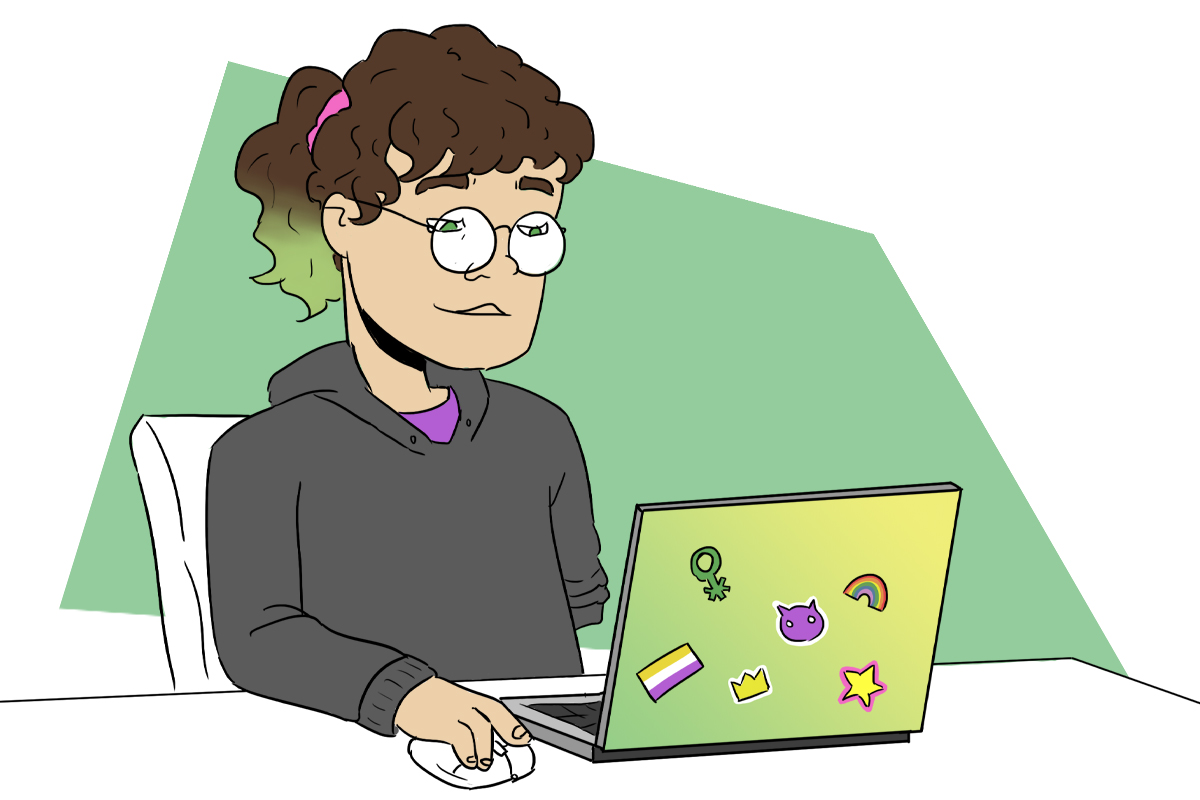This section covers questions around harassment, using government services, refusal of services, identification documents, trolling, online bullying and harassment, permission when posting videos or photos, online blackmail and more!
This section covers questions around harassment, using government services, refusal of services, identification documents, trolling, online bullying and harassment, permission when posting videos or photos, online blackmail and more!
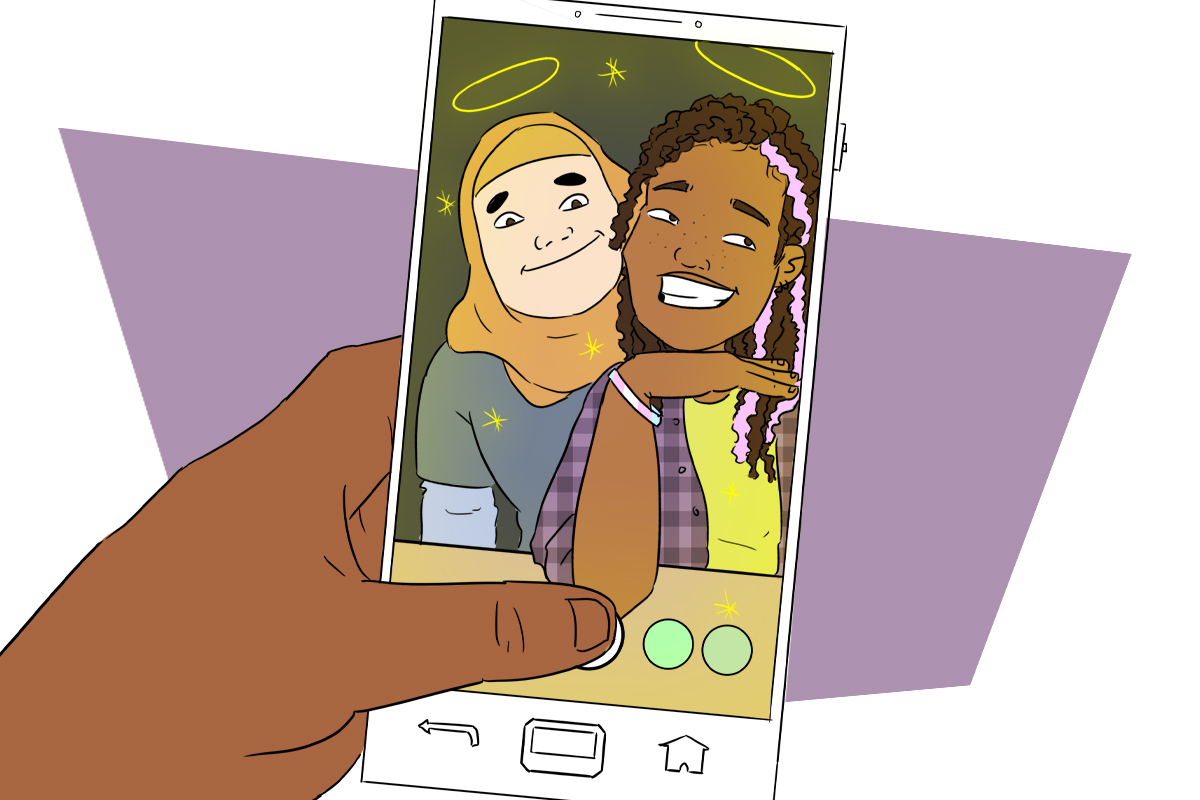
There are various and sometimes overlapping areas of law that relate to a person's rights online. If you are concerned about how you are being treated online, it is possible for you to make a complaint to Netsafe, which is the agency responsible for protecting the public from harmful digital communications.
The Harmful Digital Communications Act contains some of the main laws that apply to cyber bullying (and generally to your rights online). The Harmful Digital Communications Act is based on communication principles. The communication principles set out a negative list (ie what an online post should not be). For example, a post should not disclose sensitive personal facts about a person or be used to harass a person.
If you consider that your rights have been breached in any way, the Harmful Digital Communications Act will often be relevant. The Harmful Digital Communications Act is designed to help persons on the receiving end of harmful digital communications by giving them access to a streamlined complaints process (monitored by Netsafe and which may be escalated to the Court). Read here to find out more about the complaints process.
Complaints process
Netsafe
Netsafe essentially acts as a "watchdog" agency. You can bring a complaint to Netsafe, who will then assist by advising you of your options (which may involve helping the two parties (sides) reach a resolution on their own, without going any further).
The service provided by Netsafe offers a communication point for you to discuss your options. Netsafe's website sets out a (non-exhaustive) list of situations in which you may bring a complaint. Relevantly, this includes sharing intimate photos without consent, and publishing sensitive, private or confidential information about a person without their consent.
It is important to be aware that Netsafe does not have the power to impose any penalties or require a person to take a certain action.
Powers of the District Court
You may also bring proceedings in the District Court, provided you have first brought a complaint to Netsafe (and Netsafe has had a reasonable opportunity to assess the complaint and decide what action (if any) to take) if you believe you have suffered or will suffer harm as a result of a digital communication.
The Court has certain powers in this situation. For example, it may order a person to take down material or publish an apology or correction. To make an order, the Court must be satisfied that:
- there has been a threatened serious breach, serious breach or repeated breaches of one or more of the communication principles; and
- the breach has caused or is likely to cause harm (defined as "serious emotional distress") to an individual.
Complaint to online content host
Additionally, it may be worth making a complaint to the online content host (this is the platform that the content was uploaded to like Facebook). The Harmful Digital Communications Act provides for protection of online content hosts from civil or criminal proceedings, only if they follow the proper process when a complaint is received. Once a complaint has been received, the law says that the host has to take certain actions. If the host is unable to contact the author (after having taken reasonable steps to do so), the host is required to remove or disable the content. Similarly, if the author is contacted but does not respond, the host is required to remove or disable the content.
Offences and penalties
Additionally, it may be worth making a complaint to the online content host. The Harmful Digital Communications Act provides for protection of online content hosts from civil or criminal proceedings, only if they follow the proper process when a complaint is received. Once a complaint has been received, the law says that the host has to take certain actions. If the host is unable to contact the author (after having taken reasonable steps to do so), the host is required to remove or disable the content. Similarly, if the author is contacted but does not respond, the host is required to remove or disable the content.
In Public Spaces
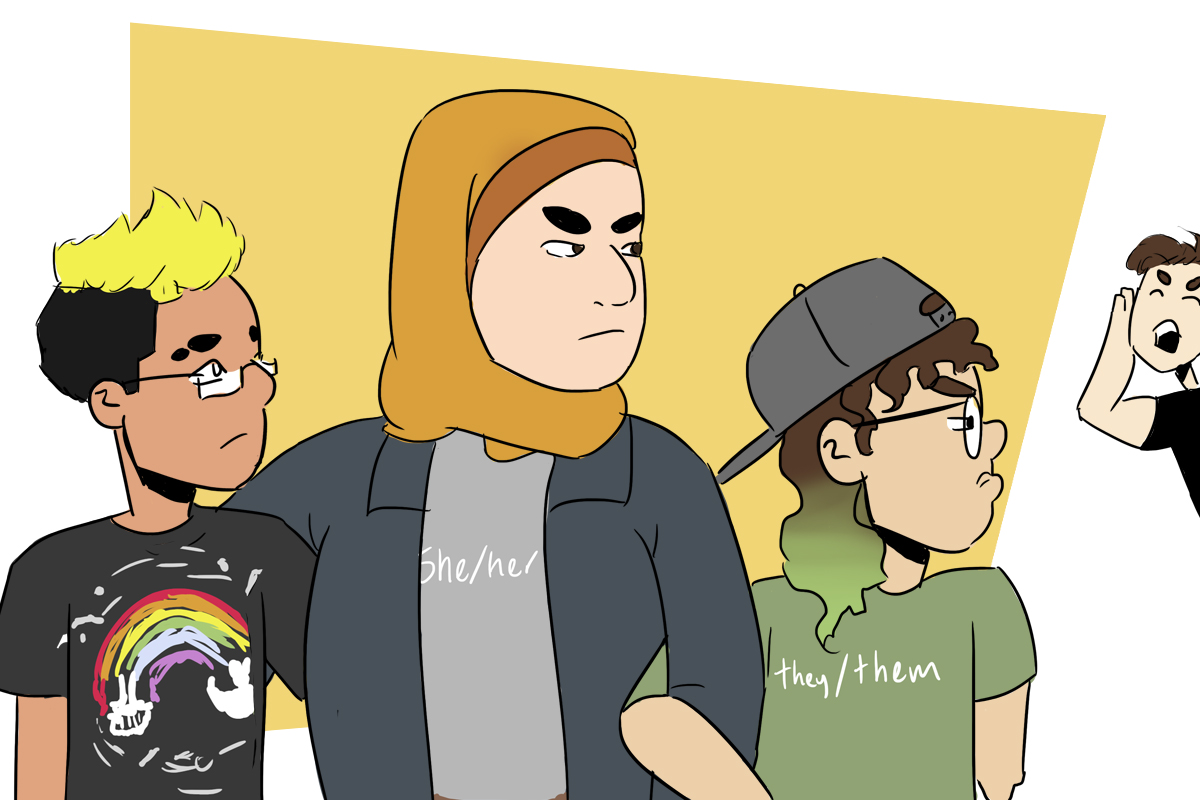
In Public Spaces
There are a number of laws which protect an individual's privacy.
This includes the protection of an individual's personal information from use or disclosure,
as provided for under the Privacy Act 1993.
This section addresses concerns in relation to privacy in public spaces
(as opposed to the protection of personal information about you that is held by others).
What can I do if I am called names, yelled at or experience violent behaviour in public?
It is an offence for anyone to engage in disorderly behaviour or to use offensive behaviour or language in a public place. In such a situation, it may be appropriate to call the Police on 111 and report such behaviour.
If you experience such behaviour by the same person on more than one occasion, this may be harassment. Harassment is defined as a pattern of particular behaviours directed at a person on at least two occasions within a period of 12 months. The particular behaviours include:
- watching, loitering near, or preventing or hindering access to or from your residence, business, employment or any other place you go often;
- following, stopping or accosting you;
- entering, or interfering with, your property;
- making contact with you in any way;
- giving offensive material to you or leaving it where it will be found by you, given to you or brought to your attention;
- giving offensive material to you by placing it in electronic media where you will see it, or be brought to your attention;
- acting in any way that would cause a reasonable person in your circumstances to fear for their safety.
If you fear for your safety or believe you are being harassed, you should call the Police on 111. You may also be able to apply for a restraining order or Police Safety Order.
Can someone take photos of me in a public space?
Generally speaking, people can take photos of you in public without your consent, unless:
- you are in a place where privacy can be expected (such as changing rooms or bathrooms);
- any film or photos would be highly offensive to an objective and reasonable person;
- they have no legitimate reason for the film or photos;
- it could stop other people from using and enjoying that place.
If someone has filmed or photographed you in such a place, it may be appropriate to report this behaviour to the Police by calling 111.
Another thing to note is that many rainbow centred events would most likely be understanding if you were uncomfortable being photographed due to privacy and would allow you to sit in an area where no recordings or photographs are taken. It would pay to approach the event organisers directly around this.
Can I be refused service / access based on my sexuality or gender identity?
In most instances, it will be unlawful for anyone to refuse to provide services or access to you based on a banned ground of discrimination, including sex, gender identity, or sexual orientation. If you experience this, you may lodge a complaint with the Human Rights Commission on the basis that you have been unlawfully discriminated against. If you feel you have been discriminated against, you can then seek advice from YouthLaw or other your local community law centre.
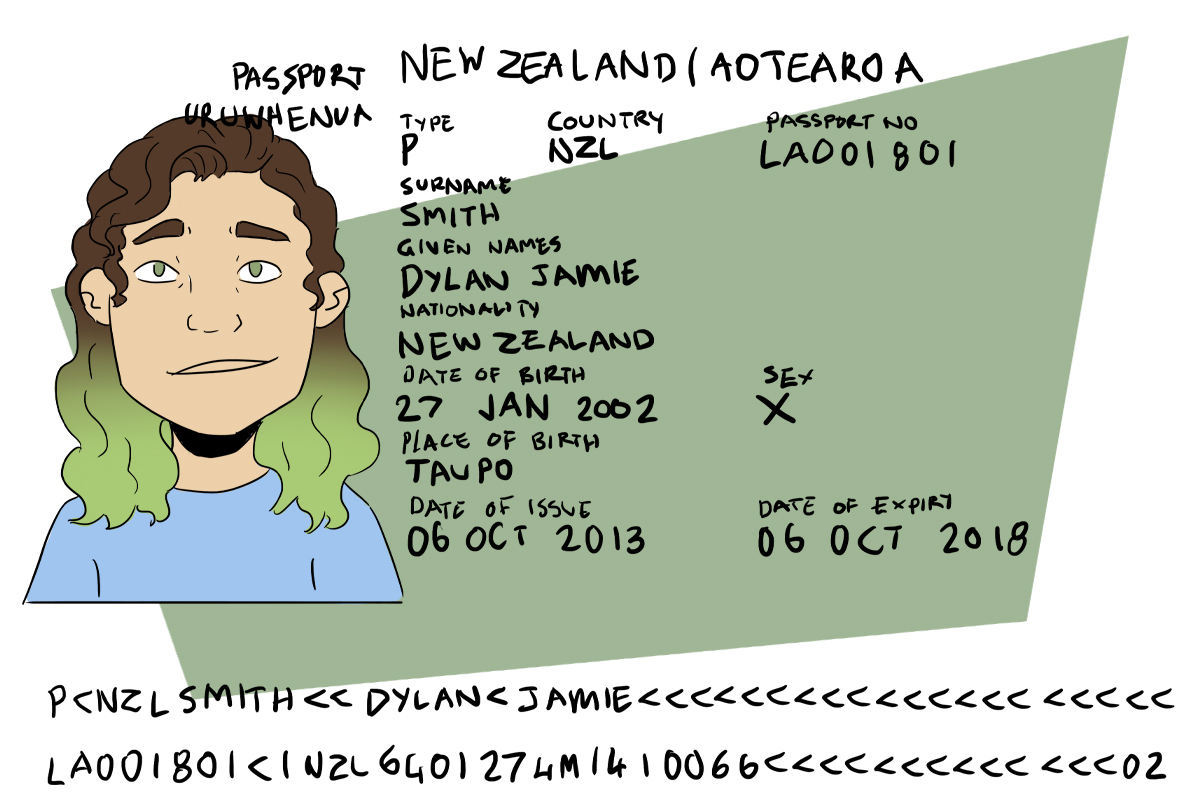
Can I be misgendered in Government services? Can I sign my preferred gender mark on official Government documents?
If you have been misgendered on a government document, you can ask to have it corrected. The Privacy Commissioner has some useful information on the process for correction here.
There are specific policies allowing you to sign your preferred gender for some official documents.
- Eligible adults or guardians of eligible children can apply to the Family Court for a declaration that their birth certificate contain their nominated sex.
- It is possible to apply for a passport which contains your preferred sex or gender, or an indeterminate or unspecified sex or gender (like using ‘X’ instead of ‘F’ or ‘M’). To do so, your application for a passport must contain a statutory declaration indicating your preference and how long you have maintained your sex or gender identity. The Passports Office warns that multiple changes in gender identity may make it difficult when using your passport to travel to other countries. For anyone under the age of 18, additional information from a parent or legal guardian, as well as a registered counsellor or medical professional, in support of the application, is required.
What can I do if I believe I have been mistreated by the New Zealand Police?
If you are unhappy about the service you received from the Police, you can submit an Expression of Dissatisfaction online here. If you have a serious concern you can make a formal complaint here. A 'serious concern' includes concerns:
- regarding misconduct or neglect of duty by a Police employee;
- regarding a policy, procedure or practice of the New Zealand Police; or
- regarding the standard of service you have received.
Further, you can complain to the Independent Police Conduct Authority here.
Other complaint options include writing to your local Police District Commander or making a complaint in person, which can either be at a Police Station or, by arrangement, somewhere else. You are able to bring a friend, relative, or lawyer.
YouthLaw and community law centres can provide assistance in exploring these options, and may be able to assist in writing and submitting your complaint.
Where to go for further support
A description of the services available to you and their contact details are outlined below:
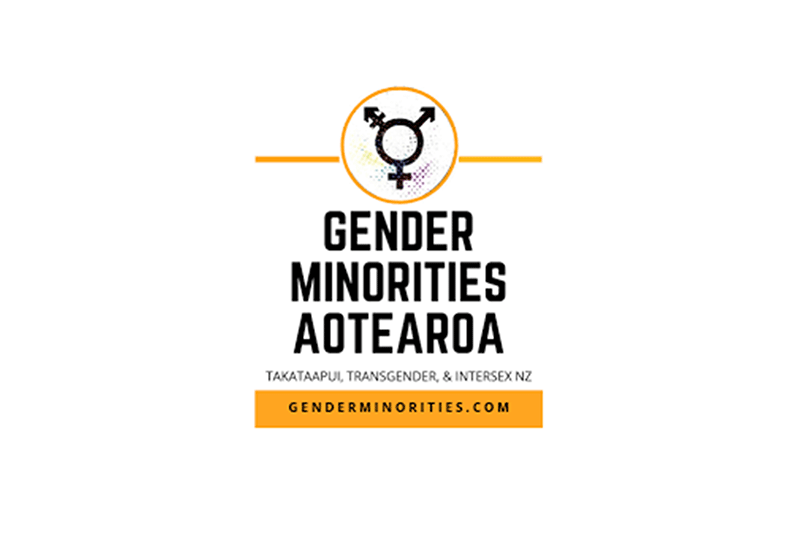 |
Gender Minorities Aotearoa – a cross cultural and 100% trans led organisation which aims to facilitate health and wellbeing for transgender, intersex and takatāpui populations www.genderminorities.com |
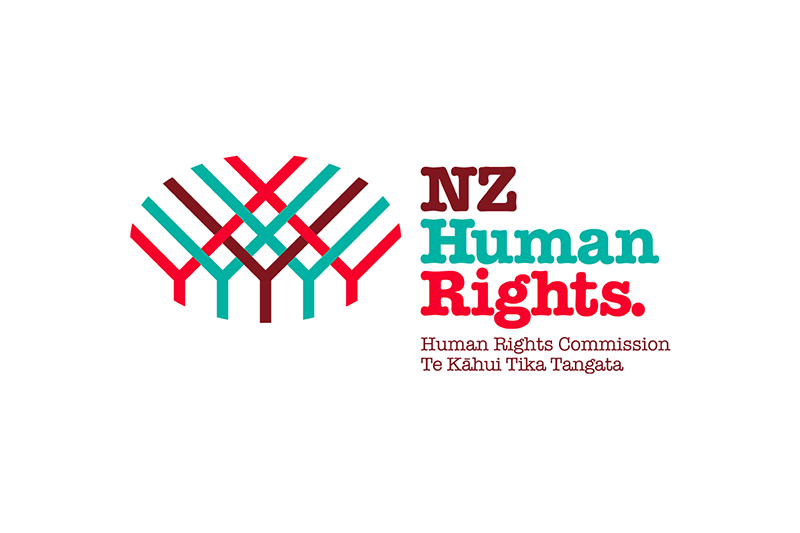 |
Human Rights Commission – provides information and useful resources in relation to discrimination issues in employment, both online at www.hrc.co.nz and through its information line, 0800 498 877. Also provides an avenue for you to raise complaints in relation to discrimination which, if unable to be resolved by mediation, may be referred to the Human Rights Review Tribunal. |
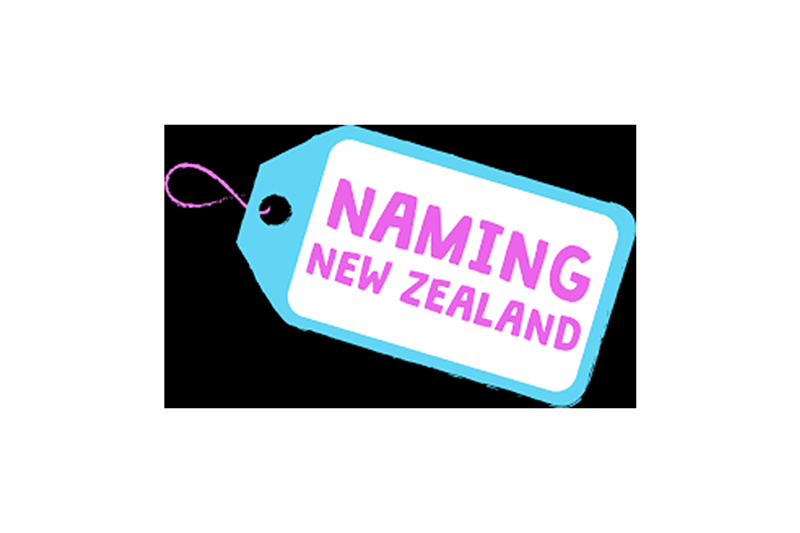 |
Naming New Zealand – an organisation to help transgender, gender diverse and intersex youth with updating their identity documents to correctly reflect their sex and gender www.naming.nz |
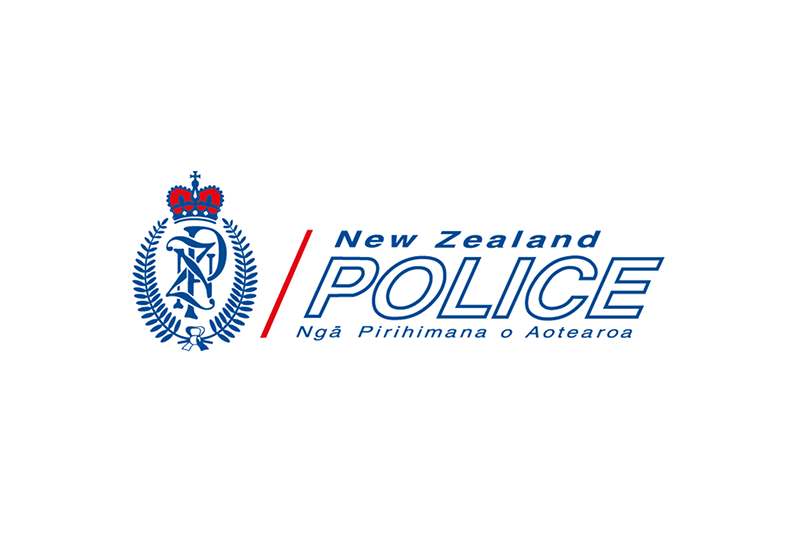 |
New Zealand Police – if you have concerns regarding the safety of a child or young person, dial 111 to report this behaviour to the Police. |
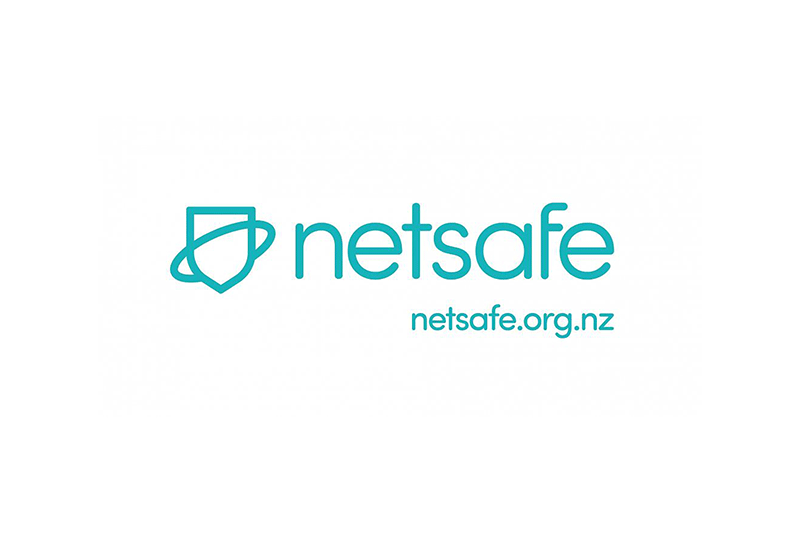 |
Netsafe – provides free and confidential help or advice about online challenges, including the reporting of online incidents. For more information, visit www.netsafe.org.nz or contact Netsafe on 0508 638 723, help@netsafe.org.nz or text Netsafe to 4282. |
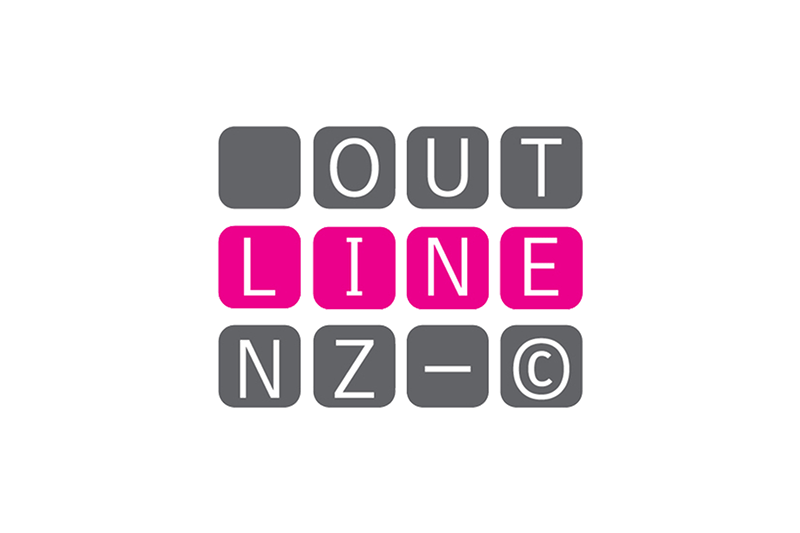 |
OUTLine – volunteers welcome your call to discuss topics around sexuality, gender identity and diverse sex characteristics. They can help you find sources of trusted information, connection to community or peers, and medical or mental health services that welcome LGBTIQ+ people. 0800 688 5463 www.outline.org.nz |
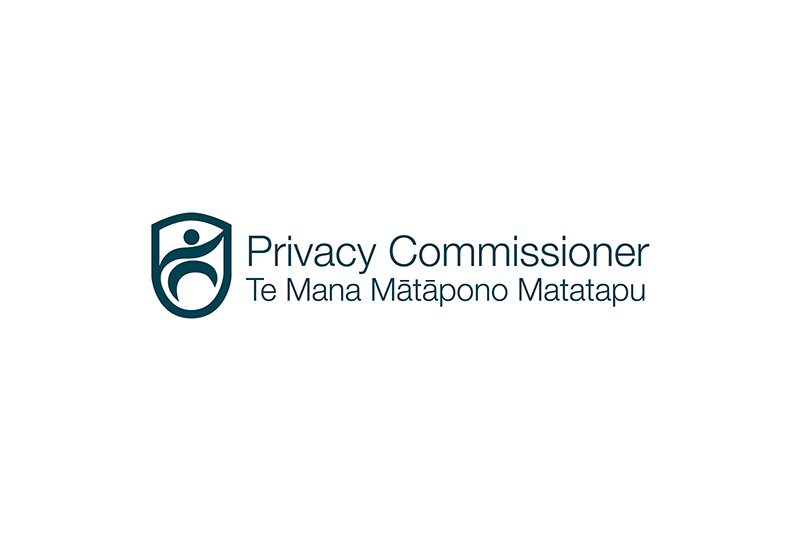 |
Privacy Commissioner – investigates breaches of privacy and provides an avenue for making complaints in relation to privacy concerns. For more information, see www.privacy.org.nz or call 04 474 7590. |
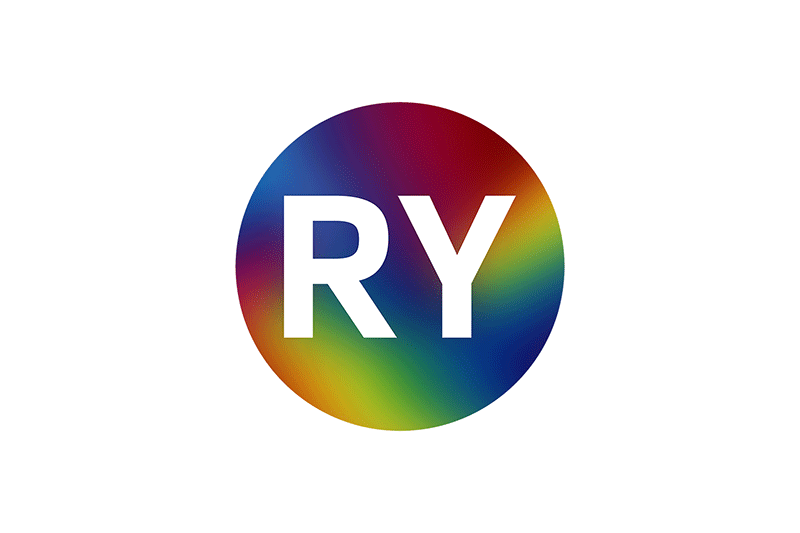 |
RainbowYOUTH – provides free services and support to queer and gender diverse youth. RainbowYOUTH can also refer you to other services which may be more applicable to your situation. For more information, see www.ry.org.nz, or contact RainbowYOUTH on 09 376 4155 or info@ry.org.nz. |
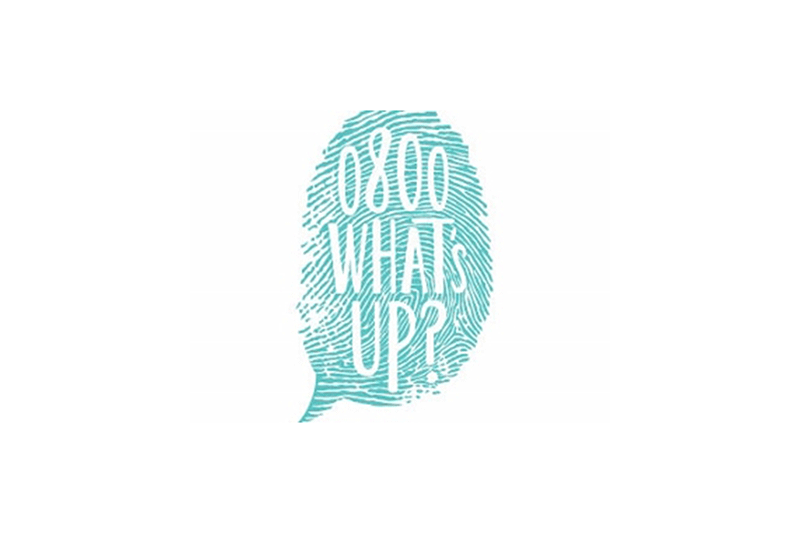 |
Whats Up? – provides a free, nationally available counselling helpline for children and teenagers. These services can be accessed by calling 0800 942 8787 (WHATSUP) or visiting www.whatsup.co.nz. |
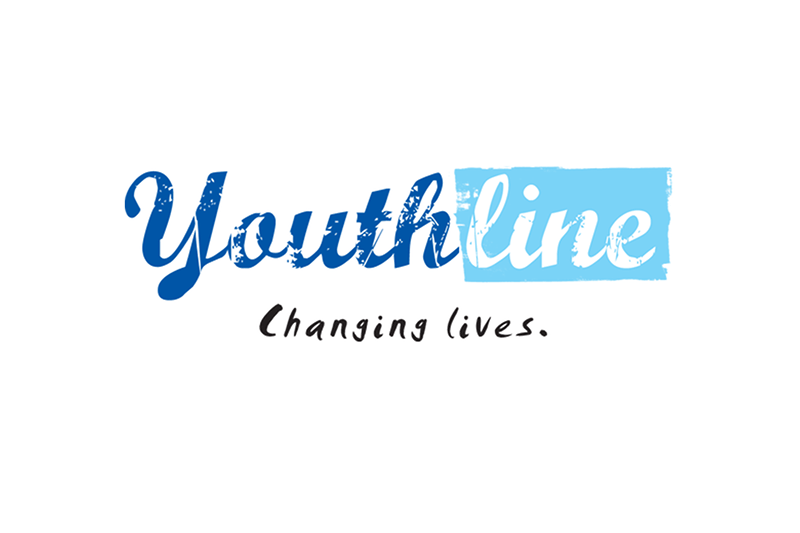 |
Youthline – provides advice and support to young people, including counselling and mentoring services. These services can be accessed by calling 0800 376 633 or visiting www.youthline.co.nz. |
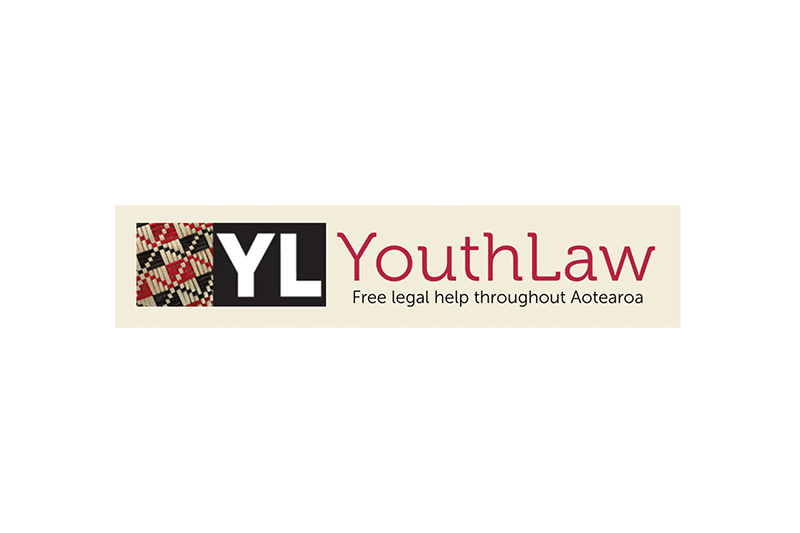 |
YouthLaw – provides free legal help for people under 25 regarding a range of legal issues, including employment issues. For more information, see www.youthlaw.co.nz, or contact YouthLaw on 0800 884 529 or nzyouthlaw@gmail.com. |
What are my rights if someone outs me or trolls me online?
Broadly, if someone outs you, trolls you or blackmails you online, you should first get in contact with Netsafe. Even if you don't think that the issue can be sorted, this is a necessary practical step to be taken first because without this the Court cannot make an order (should you wish to choose this option).
If someone outs you or trolls you online they may have breached one or more of the following communication principles:
- Principle 1, by disclosure of sensitive personal facts about an individual.
- Principle 2, by making a digital communication that is threatening, intimidating or menacing.
- Principle 5, by making a digital communication that harasses an individual.
- Principle 7, by disclosing a matter in breach of confidence.
- Principle 10, by insulting you by reason of your gender or sexual orientation.
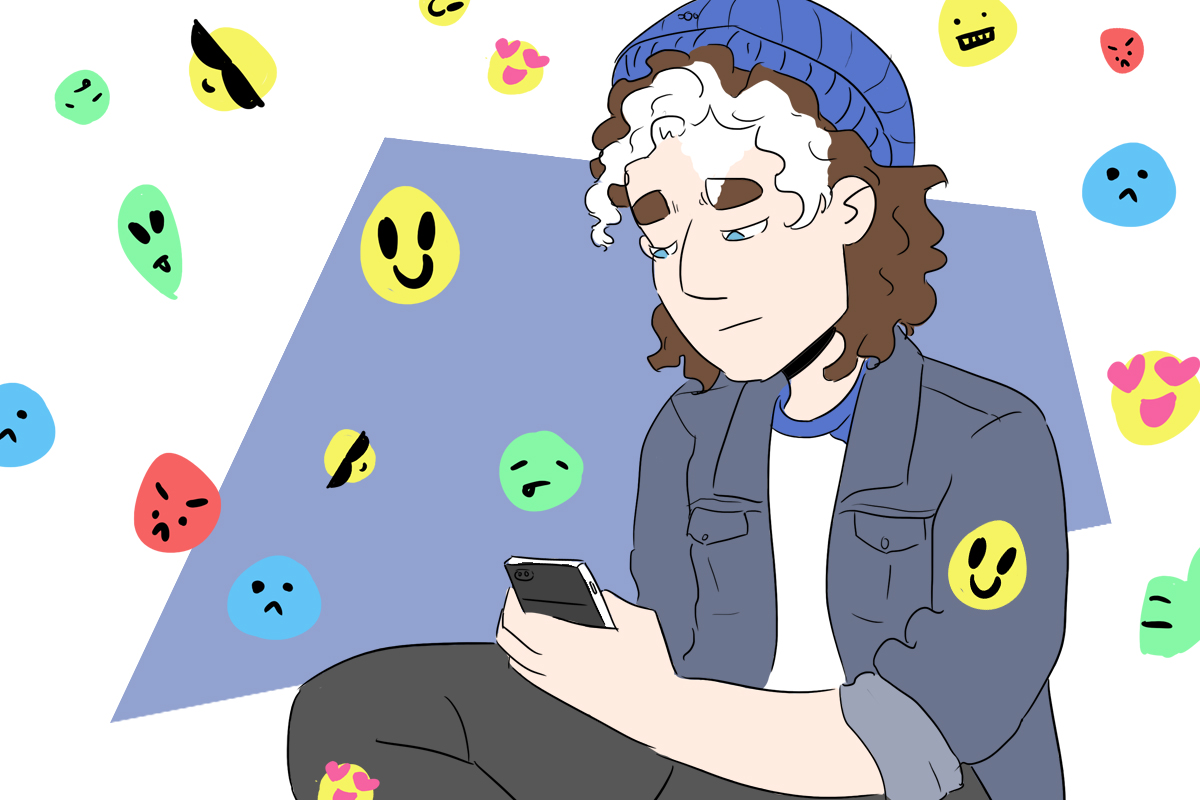
What are my rights if someone posts sexual or naked photos of me on the internet?
Posting of recordings made without consent
The Crimes Act criminalises the making (and publication) of intimate visual recordings made without a person's consent (regardless of the age of the person making the recording, or the person who is the subject of the recording). In such circumstances, we suggest contacting the Police. The age of the person making such a recording does affect the way in which the offence is dealt with (including whether the offence is dealt with under the youth justice system or the adult justice system).
Objectionable material
The Films Videos and Publications Classification Act 1993 sets out certain offences that relate to objectionable publications. "Objectionable" includes publications containing naked or partially naked children or young persons, that are reasonably capable of being regarded as sexual in nature (alone or together with any other contents of the publication).
Posting of recordings made with consent
The Harmful Digital Communications Act offers protection whether the intimate visual recording is made with or without a person's consent. Posting a harmful digital communication (which could include publishing an intimate visual recording or intimate photos) can be an offence.
If this happens to you, it can often be a stressful and upsetting situation. You can get further support through places like Youthline, OUTLine or What’s Up?. See below for their contact details.
Provision of commercial sexual services by persons under the age of 18
The Prostitution Reform Act 2003 sets out certain offences that relate to commercial sexual services. Commercial sexual services means sexual services that involve physical participation by a person in sexual acts with (and for the gratification of) another person and are provided for payment or reward (including where the person performing the services is not the person receiving the reward). The offences include:
- causing, assisting or encouraging a person under 18 years of age to provide commercial sexual services; and
- receiving a payment (or other reward) that the person knows (or should know) results from commercial sexual services provided by a person under 18 years of age.
This could cover sex work, but also appearing in pornography.
